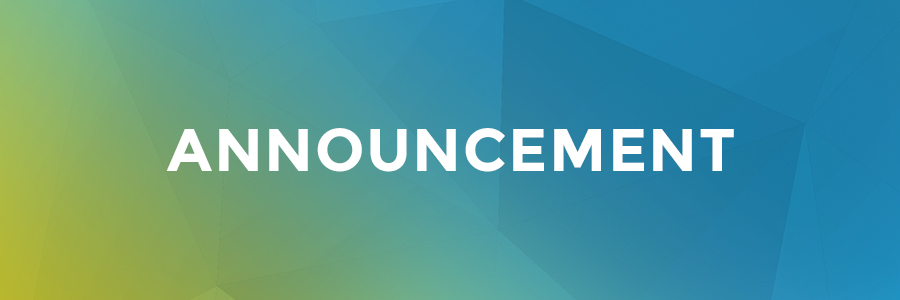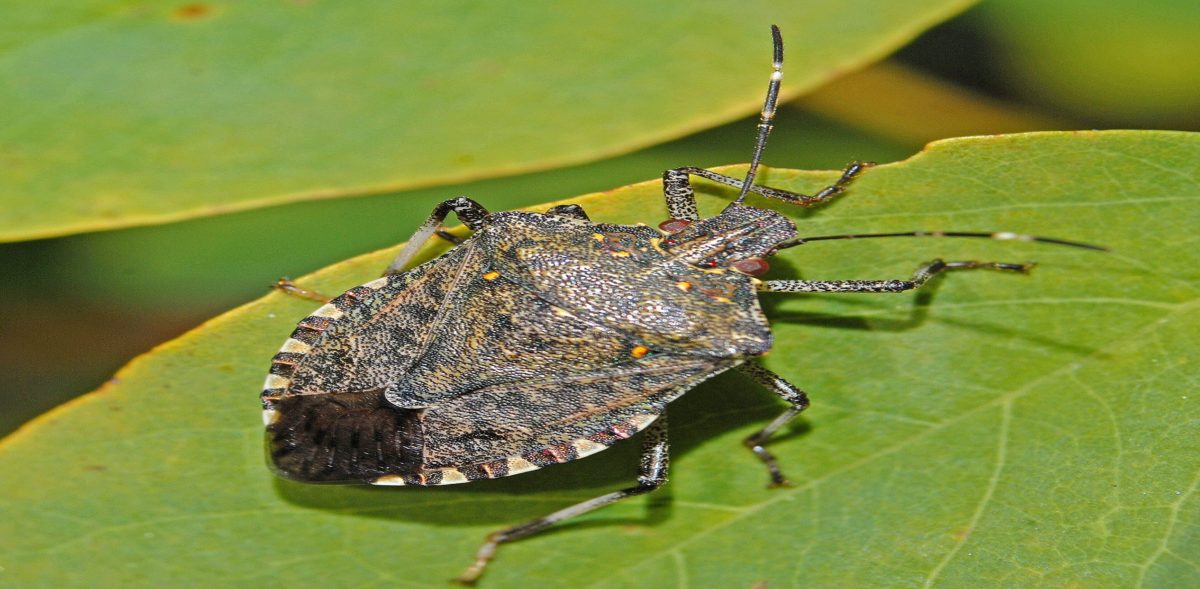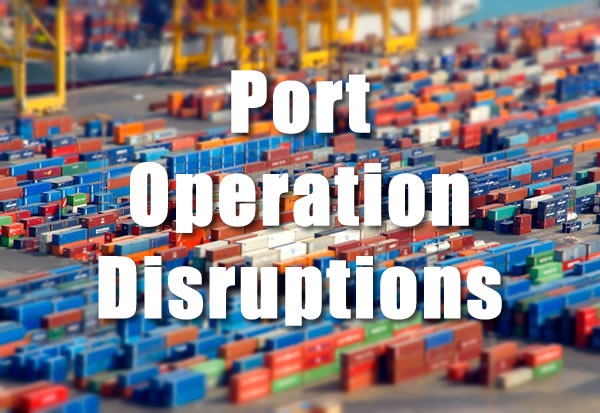FTAs not yet in force
Below is the list of FTAs that have been concluded but have not yet entered into force.
Australia-Hong Kong Free Trade Agreement
Australia and Hong Kong signed the Australia-Hong Kong Free Trade Agreement (A-HKFTA) and the associated Investment Agreement on 26 March 2019. These agreements mark a significant milestone in our already substantial trade and investment relationship.
Indonesia-Australia Comprehensive Economic Partnership Agreement
Australia and Indonesia announced the substantive conclusion of negotiations on the Indonesia -Australia Closer Economic Partnership Agreement (IA-CEPA) on 31 August 2018.
This agreement will launch a new chapter in economic relations between Australia and Indonesia.
Peru-Australia Free Trade Agreement
The Peru-Australia Free Trade Agreement (PAFTA) was signed by Australia and Peru on 12 February 2018.
Pacific Agreement on Closer Economic Relations (PACER) Plus
PACER Plus was signed in Nuku’alofa in Tonga on 14 June 2017 by Australia, New Zealand and eight Pacific Island countries — Cook Islands, Kiribati, Nauru, Niue, Samoa, Solomon Islands,Tonga and Tuvalu.
FTAs under negotiation
Free trade agreements open up opportunities for Australian exporters and investors to expand their businesses into key overseas markets.
Australia-European Union Free Trade Agreement
- Australia and the European Union (EU) launched negotiations for a free trade agreement (FTA) on 18 June 2018. As a bloc, the EU is Australia’s second largest trading partner, third largest export destination, and second largest services export market. The EU was Australia’s largest source of foreign investment in 2018.
Free Trade Agreement negotiations with the Gulf Cooperation Council (GCC), comprising Bahrain, Kuwait, Oman, Qatar, Saudi Arabia and the United Arab Emirates, commenced in July 2007. These negotiations were preceded by bilateral FTA negotiations with the UAE, which were abandoned following a decision by GCC Ministers to only negotiate FTAs as a group. To date, there have been four rounds of GCC-Australia FTA negotiations, with the last one held in June 2009.
Recent years have seen remarkable growth in the trading relationship between India and Australia, fuelled by the many complementarities between the two economies. Two-way trade in goods and services has grown in value from $13.6 billion in 2007 to $30.4 billion in 2018.
India is the world’s largest democracy and is a market of 1.3 billion people. Its youthful population, diversified economy and growth trajectory present significant opportunity for Australian business, including in education, agriculture, energy, resources, tourism, healthcare, financial services, infrastructure, science and innovation, and sport.
Australia and India launched negotiations for a Comprehensive Economic Cooperation Agreement in May 2011. There have been nine rounds of negotiations, the most recent of which was held in September 2015.
The Australian Government is putting its weight behind enhancing economic ties with India. On 22 November 2018, the Government formally endorsed the independent India Economic Strategy and its ambitious vision for bilateral trade and investment by 2035.
Australia and the Pacific Alliance launched negotiations for a Free Trade Agreement (FTA) on 30 June. A regional trading bloc comprising Chile, Colombia, Mexico and Peru, the Pacific Alliance’s GDP was worth over USD $1.8 trillion in 2015-16. Over the last decade, Pacific Alliance members had some of the fastest growing economies in the region. The four countries, taken together, account for 37 per cent of Latin America’s population, 35 per cent of its nominal GDP, 46 per cent of its exports, and 50 per cent of its total imports.
A Pacific Alliance FTA would enable Australian businesses to access the opportunities presented by that growing market. It would also strengthen our economic relationship with Latin America and provide an opportunity for Australian businesses to diversify their export markets.
At the 3rd Regional Comprehensive Economic Partnership (RCEP) Summit in Bangkok on 4 November 2019, leaders from 16 Indo-Pacific countries — Australia, Brunei Darussalam, Cambodia, China, India, Indonesia, Japan, the Republic of Korea, Lao PDR, Malaysia, Myanmar, New Zealand, the Philippines, Singapore, Thailand and Vietnam — agreed on the importance of RCEP as a signal of the region’s collective commitment to open trade and investment.






